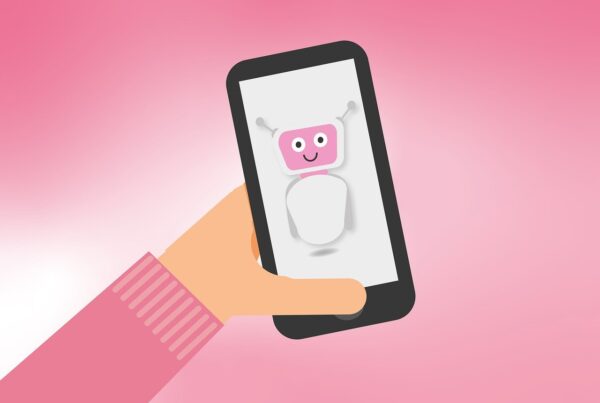#WFH: What Do You Think About You?
Starting new positive thought patterns is much easier than trying to change old negative ones. It is easier to concentrate on starting to eat healthy than on stopping the consumption of junk food. It is easier to stay on task instead of fixing procrastination, or learning to be relaxed instead of conquering your stress. Changing your thoughts requires that you first become aware of them. How you talk to yourself and how you speak to others makes all the difference in the world. Changing your communications to be positive, upbeat and supportive is especially important in the virtual workplace. Make some effort to focus on “what is” and spend less time on “what is not.” This will help with the internal distractions and distorted thinking, and let you build a positive attitude. Your perspective on your ability to do a good job and make things happen will help you be successful without a cubicle or corporate structure.
In the virtual world, the field of play is more level and the trappings of hierarchy have been removed. There are no more corner offices, head chair at the conference table or executive restrooms. You have a much greater hand in creating your own destiny. Your personal identity – how you think about yourself – plays an important role. It includes the self-appraised characteristics you think you have, including your strengths and weaknesses.
The virtual worker has the ability to not only individuate, a term Jung used to describe the development of the perceived self, but also to de-individuate or go beyond the limitations of the self because of the unique characteristics of the environment. Virtual workers need to have a conscious connection to their own thoughts and abilities to get results.
Personal identity affects everything the individual does. If you do not believe you can do something, whether because of a lack of confidence or a negative attitude, you will struggle in the virtual world. Because so much is hidden online, you can have a sense of dissociation, disinhibition or deindividuation (Suler, 2004). This means we do, say and act in ways that we would never dream of in a face-to-face environment. This can be positive or negative. Quite often it is filled with contradictions.
We have all read stories about close intimate relationships people develop online only to find out later that the commitment was not mutual and left one person feeling vulnerable and exposed. The online world lets us hide some or all of our identities. Online, it is easier to feel a degree of separation from our actions and their consequences. Our online psyches are more removed and detached than in a face-to-face situation. People go places and do things under the pretext of anonymity. Even if people know who you are, you do not have the same kinds of interactions as you do when you can shake hands, read facial expressions and watch gestures. We react differently when we interact online.
We feel lost emotionally when we are without external cues from other people. Much of our fitting in comes from our reactions to approval and disapproval. These social norms and standards are interrupted in an environment where interactions can be hours or even days apart. Because we do not have to deal with immediate approval or disapproval in the virtual world, we are less influenced by the expressions of others and more influenced by ourselves
(Baggio & Beldarrain, 2011). Our internal thoughts, feelings and boundaries, both benign and toxic, are more likely to come out.
People feel safe saying and doing things they never would say or do face-to-face. And when we sign off, we can let it go, as if that part of us is no longer important. This newfound freedom supports revealing personality quirks, emotional attributes and self-identity. This varies with role-playing, experimentation and multitasking. There is probably not one online other self, but several (Turkle, 2012).
#WFH #Virtual Work #Remote Work #NSFW #The Pajama Effect #PJEffect #BobbeGB #BobbeBaggio #VIrtual Workplace #WorkFromHome #RemoteWork #ThePajamaEffect #Touchpoints #VirtualTouchpoints





